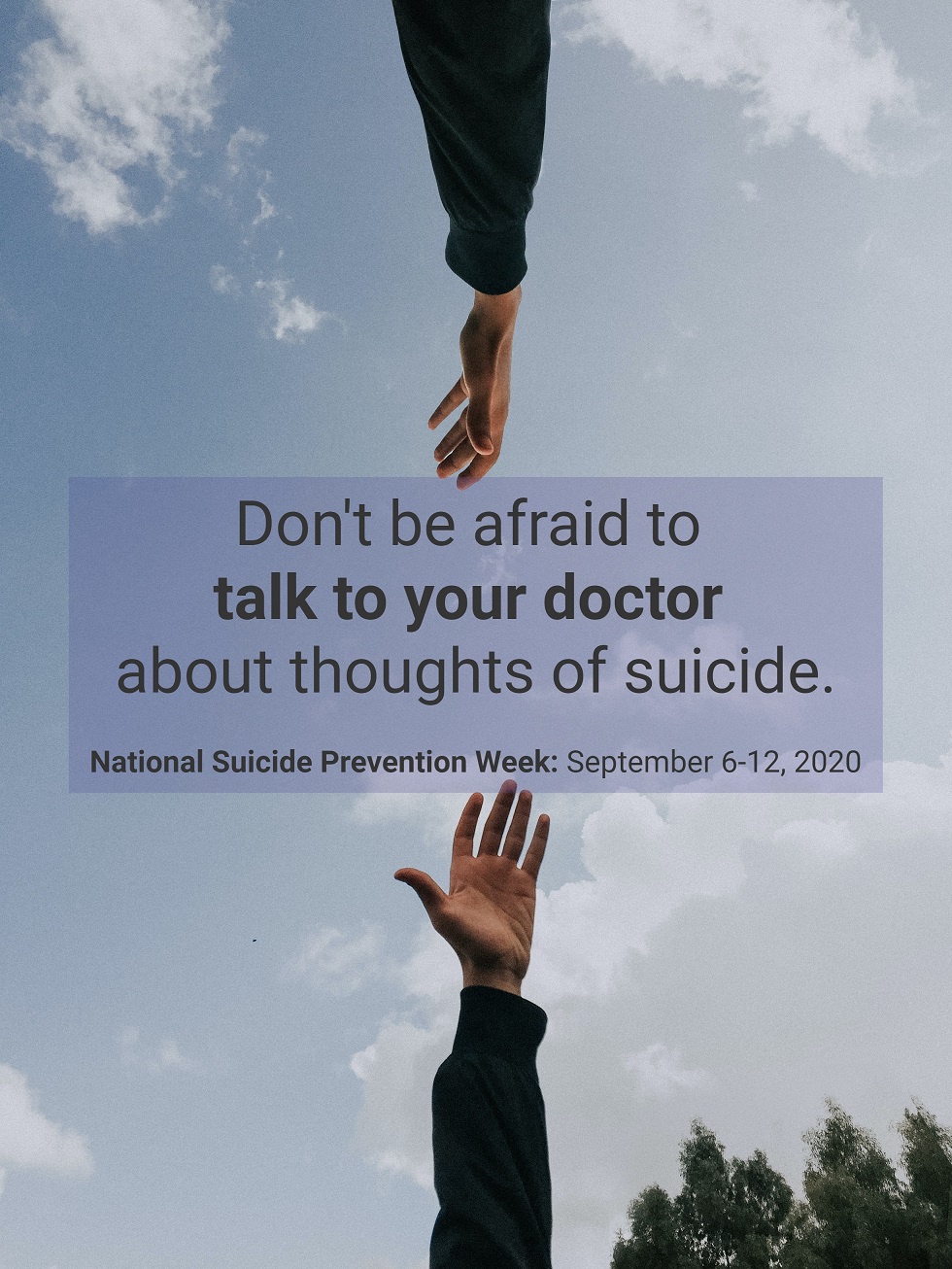Parenting has its challenges, but it can be even more challenging for parents who struggle with depression. If you have children and also have depression, you’re not alone. Depression affects millions of parents in the US. Unfortunately, depression can affect a parent’s relationship with their kids, and can increase the…
Why Does Depression Hurt?
March 12, 2021
Depression causes pain in many different ways. Depression is often associated with painful emotional states like sadness, irritability, and guilt, but it can also cause physical symptoms, like back pain and headaches. In fact, more than two-thirds of patients with depression experience pain.(1) Why does depression affect our bodies, and…
How Long Does Recovery from Depression Take?
February 26, 2021
One of the questions my patients are most eager to ask me when they start their depression treatment is, “How long does it take to recover from depression?” My answer to them is always, “It depends on the patient.” Every patient is different and therefore recovery time depends on a…
Does TMS Work for Postpartum Depression?
February 12, 2021
It is estimated that between 10 and 15 percent of women develop postpartum depression, which is the onset of depression symptoms in women after having a baby.(1) Postpartum depression is treatable and has traditionally been treated with antidepressants and talk therapy. Many new mothers diagnosed with postpartum depression are reluctant…
Does Depression Cause Anger?
January 1, 2021
Anger is often a symptom of depression, though it’s one that’s less commonly recognized by depression sufferers as being related to their depression. Anger and irritability are reported in as many as one-third of patients with depression. (1) One study noted an even higher incidence (53.4%) of anger and irritability…
Can Depression Be Treated Without Medication?
December 12, 2020
For many people diagnosed with depression, especially those with severe depression, antidepressants provide welcomed relief from symptoms. However, approximately one-third of people with depression won’t see improvement in their symptoms with antidepressants, and as much as 50% will stop taking their medication due to undesirable side effects, fear of addiction,…
Many people delay seeking help for depression because of the stigma of mental health illness and antidepressants. But antidepressants have helped many patients find relief from depression, especially patients with moderate to severe depression. (1,2) Getting help and starting treatment early-on increases the probability of achieving remission and reduces the…
“Nature vs. Nurture:” Is Depression Genetic or Environmental?
October 20, 2020
Nature vs. Nurture is a scientific debate that asks the question, “Is human behavior determined by a person’s environment, or by genetic predisposition?” Environment (nurture) refers to the external influences someone experiences, such as their home environment and childhood experiences. Genetic predisposition (nature) refers to the genes that a person…
Many people who struggle with thoughts of suicide are afraid to tell a healthcare provider because they’re worried they’ll immediately be involuntarily committed to a psychiatric facility. This is not the case. Suicidal ideation is a symptom of a mental health disorder, and just like any other symptom, it’s important…
Why Does Depression Make You Tired?
July 27, 2020
Fatigue is one of the most common symptoms of depression, affecting up to 90% of people diagnosed with depression, and can be one of the primary reasons depressed patients seek help. (1,2) But why does depression make you so tired? Depression Affects Neurotransmitters That Regulate Sleep Depression is a complex…









